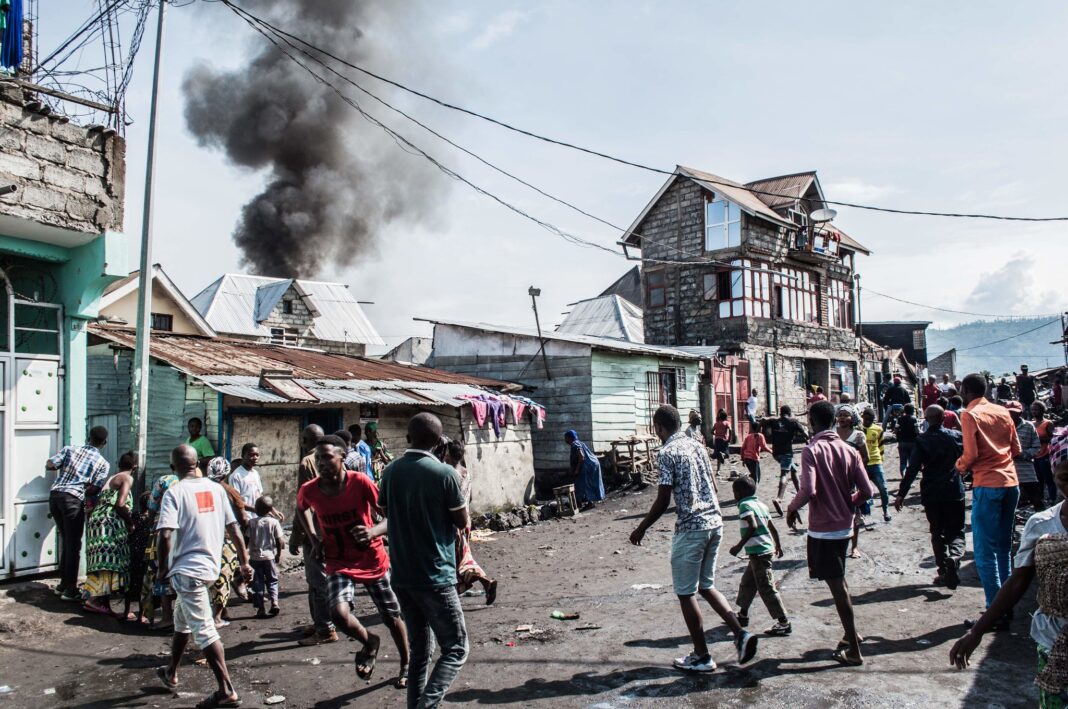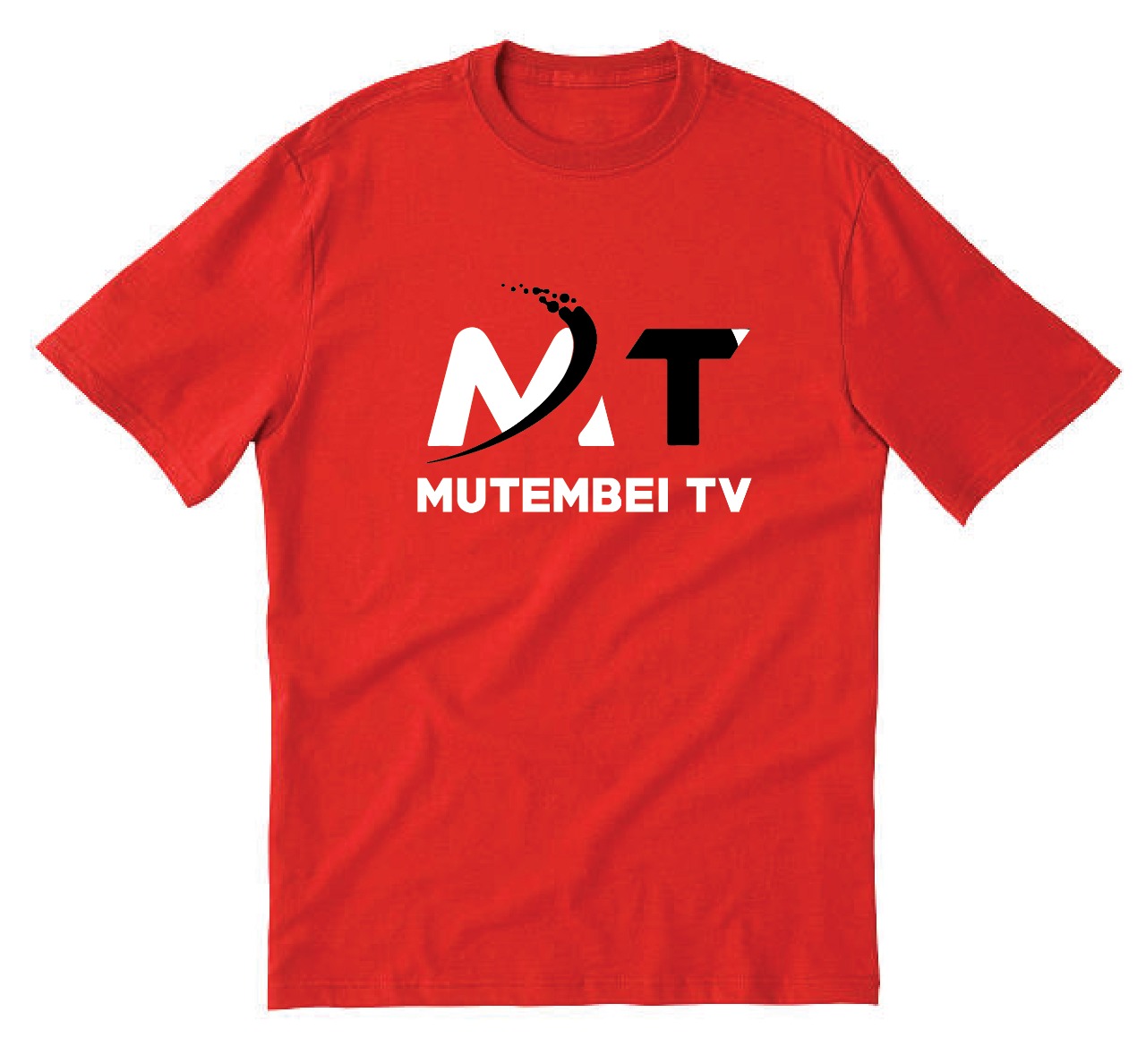Eight UN peacekeepers were killed Tuesday when a Puma helicopter crashed in the troubled eastern Democratic Republic of the Congo, according to UN and Pakistani officials.
“One PUMA Helicopter crashed while on a reconnaissance mission in Congo. The precise cause of the crash has yet to be determined “According to the Pakistani military’s media wing.
Six Pakistani troops were among those killed, according to the report.
In New York, a spokesman for UN Secretary-General Antonio Guterres confirmed the crash and identified the nationalities of all eight victims.
Pakistan’s Prime Minister Imran Khan expressed “deep shock and grief,” according to his office, and praised the country’s armed forces for their global peacekeeping efforts.
M23 rebels “shot down” the aircraft, according to Congolese military officials in North Kivu. However, the group denied this, claiming that the crash was caused by the Congolese military.
The UN Stabilization Mission in the Democratic Republic of the Congo (MONUSCO) earlier said in a tweet that one of its helicopters had “lost contact” while on a reconnaissance mission in the Rutshuru region of North Kivu province, where Congolese forces have been fighting M23 rebels.
The army of the Democratic Republic of the Congo has explicitly accused Rwanda of supporting an armed rebellion in the vast country’s east, which Kigali denied on Tuesday.
After months of suspicion and decades of mistrust between the Democratic Republic of the Congo and its neighbor Rwanda, a spokesperson for the North Kivu governor issued a statement on Monday saying the M23 “carried out incursions and attacked positions” of the army the night before.
According to General Sylvain Ekenge, the attacks took place in the Rutshuru area at Tchanzu and Runyoni.
To back up his claims, he said two Rwandan soldiers were apprehended during Monday’s attacks, naming a warrant officer and a private.
In footage shown on Congolese television, two alleged soldiers dressed in civilian clothes stood next to him.
Following the army accusations, DRC Communications Minister and government spokesman Patrick Muyaya said Monday night that the foreign ministry would “invite Rwanda’s ambassador so that he comes to give us some explanations.”
The ambassador, Vincent Karega, denied Rwandan collusion in a tweet, saying, “Rwanda does not support the M23 politically or militarily.”
Francois Habitegeko, the governor of Rwanda’s western province, responded on Twitter as well.
“We would like to categorically refute the baseless accusations and state that RDF is in no way involved in belligerent activities,” he wrote in the Democratic Republic of the Congo.
He went on to say that the two men seen on Congolese television were apprehended “more than a month ago” and were not the soldiers named.
In a video message, M23 spokesman Willy Ngoma stated that the movement was entirely Congolese and received “no assistance… from any neighboring country.”
According to sources in the region’s civil society organizations, fighting resumed Tuesday morning between government troops and M23 rebels, also known as the Congolese Revolutionary Army.
M23 arose from an ethnic Tutsi Congolese rebellion that Rwanda and Uganda had supported in the border province, which had been plagued by a slew of armed groups for the previous 25 years.
M23 was defeated by the army in 2013, but has since resurfaced and has been accused of staging several raids on military strongholds in the Rutshuru area.
According to the movement, the authorities in Kinshasa have failed to honor commitments made to ease the demobilization and integration of its combatants.
Kennedy Bahati, 32, of Goma, said he and everyone else in the region were scared and “tired of war.”
Kigali has been accused of incursions into Congolese territory and of supporting armed rebels in the east since Rwandan Hutus accused of slaughtering Tutsis during the 1994 genocide flooded into the DRC.
Ties have improved since President Felix Tshisekedi took office in 2019, and he has met with his Rwandan counterpart Paul Kagame several times.
However, M23’s reappearance has heightened tensions. The group said in a statement over the weekend that army operations “against (its) combatants probably show the Republic’s government’s definitive choice to fight it out with M23.”
North Kivu and Ituri provinces were placed under siege in May, with local authorities replaced by army officers and police, but violence has continued unabated.



